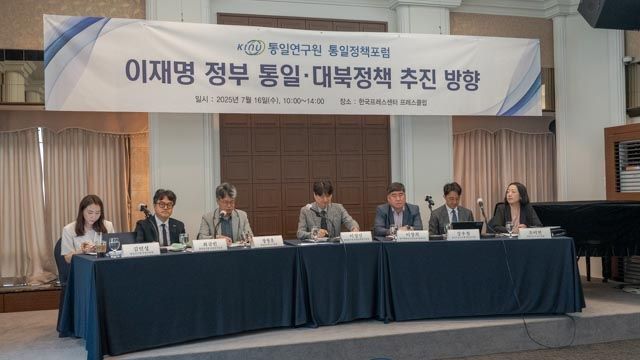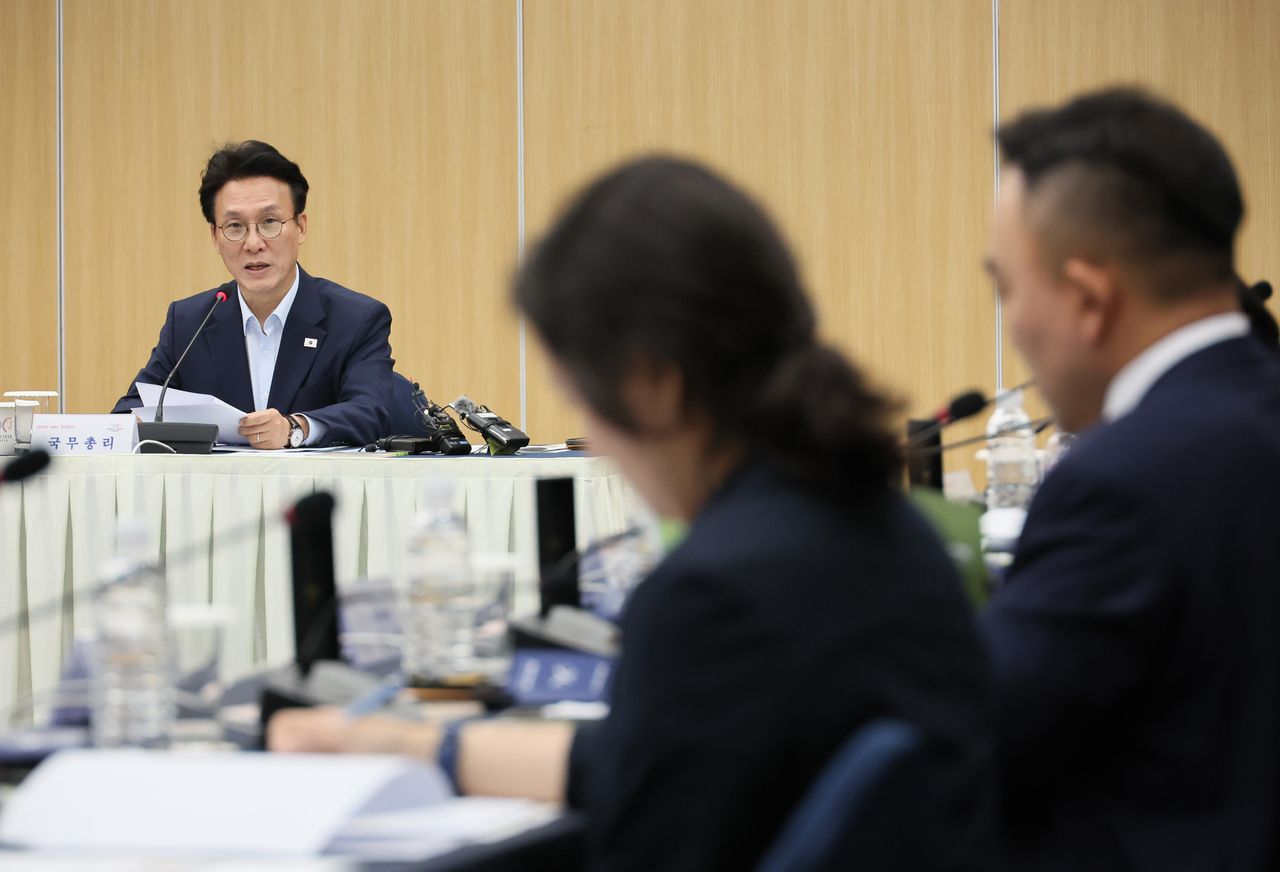 The Lee Jae-myung administration should leverage the upcoming APEC summit on Korean soil as a critical opportunity to thaw the deeply strained inter-Korean relations, which are currently at their lowest point, according to experts in Seoul.
The Lee Jae-myung administration should leverage the upcoming APEC summit on Korean soil as a critical opportunity to thaw the deeply strained inter-Korean relations, which are currently at their lowest point, according to experts in Seoul.
“Seoul can utilize significant milestones such as the signing date of the Korean Armistice Agreement on July 27, the 80th anniversary of National Liberation Day on August 15, and the APEC summit from October 31 to November 1 in Gyeongju as major opportunities,” Jang stated during a forum hosted by KINU on unification and North Korea policy directions under the Lee Jae-myung administration.
South Korea has been gearing up to host the APEC summit in Gyeongju, North Gyeongsang Province, which is now just around 100 days away. Invitations were sent out on July 14 to leaders including U.S. President Donald Trump and China’s Xi Jinping.
The Asia-Pacific Economic Cooperation forum consists of 21 member economies, including South Korea, the United States, China, and Russia.
Calls for pre-APEC peace overtures
Lee Chang-hi, a research professor at the Institute of North Korean Studies at Dongguk University, also stressed the need for Seoul to take concrete steps toward peace on the Korean Peninsula to ensure the successful hosting of the APEC summit.
At its plenary meeting in June, North Korea decided to conclude the year – which marks the 80th anniversary of the founding of the Workers’ Party of Korea on October 10 – with notable achievements, unveiling its plan to convene a party congress.
“As a result, North Korea is expected to focus its efforts on economic development, making it less likely to escalate military tensions on the Korean Peninsula,” Lee of Dongguk University said.
At his confirmation hearing Monday, Chung Dong-young, Lee Jae-myung’s nominee for unification minister, said he is open to inviting North Korean leader Kim Jong-un as an observer and pledged to strive toward that end.
Jang from KINU, however, said “the likelihood of Chairman Kim Jong-un attending the APEC summit is low,” explaining that Kim has never participated in a multilateral summit.
“And for a leader like him, attending such an event would only be worthwhile if he stood out – but at APEC, he would be just one of many, which makes his attendance rather unlikely,” Jang said. “That being said, I believe it is still important that such discussion of (Kim’s attendance) continue to be raised.”
Alliance first, reconciliation later
However, some experts voiced caution over Seoul prematurely taking conciliatory measures – such as scaling down combined military exercises with the United States – in a bid to foster an atmosphere of inter-Korean reconciliation.
“This year is the time South Korea must place particular emphasis on the South Korea-U.S. alliance,” Jo Bee-yun, a research fellow at the Sejong Institute in Seoul, said at the forum.![President Donald Trump, left, accompanied by Air Force Col. Angela F. Ochoa, Commander of the 89th Airlift Wing, center, and Secretary of the Interior Doug Burgum, right, walk toward Marine One after speaking to media upon his arrival at Joint Base Andrews on Tuesday. (AP)]](https://contents-cdn.viewus.co.kr/image/2025/07/CP-2023-0309/30675348_2.jpg)
Broader structural shifts also matter: adjustments in the U.S. military posture across the Indo-Pacific, uncertainty over the future scale of U.S. Forces Korea, and Seoul’s pursuit of regaining wartime operational control from the U.S.
“If these are approaching realities for us, then in order to maintain the credibility of U.S. extended deterrence, we will inevitably need to negotiate new security assurances,” Jo said. “That’s why I believe managing the trust issue with the U.S. must come first, before moving on to the next steps.”









Most Commented